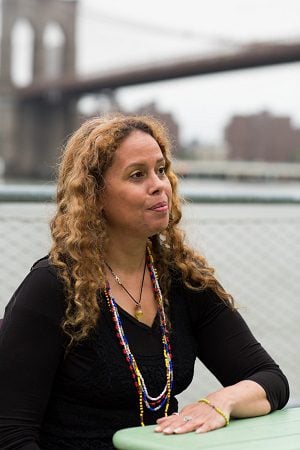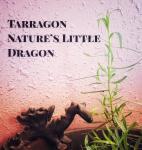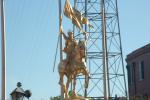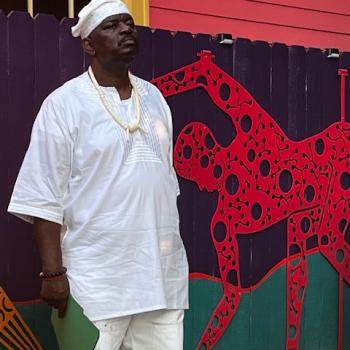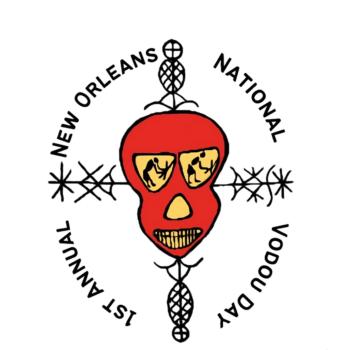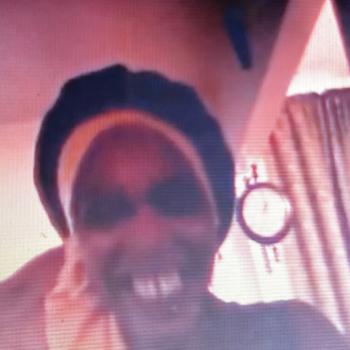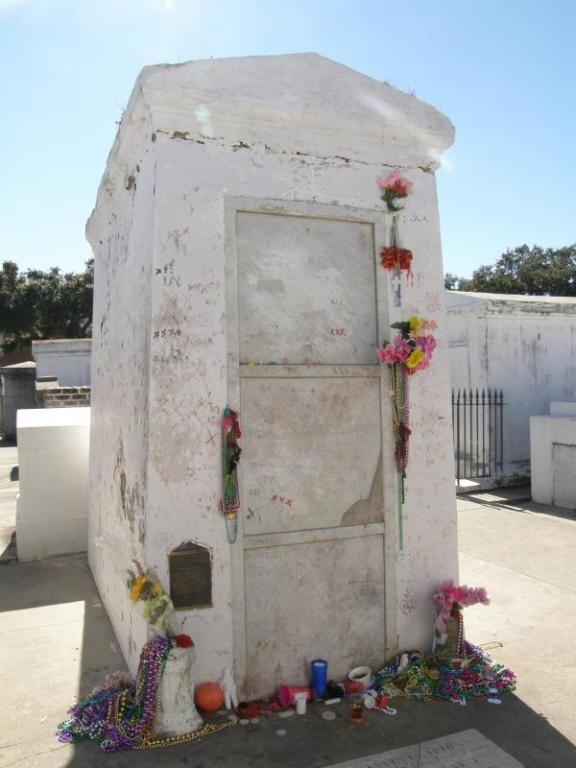
So much of what we know about Marie Laveau is shrouded in mystery. For over a hundred years scholars and practitioners alike have delved deep to separate the myth from reality and uncover the real truth. For more than half her life Laveau was also referred to as the Widow Paris. The archival record of the time first mentions the famous Voodoo Queen registering her marriage to Jacques Paris in 1819. Jacques was recorded as being a quadroon from Saint Domingue, the name given to Haiti before the revolution. However, the marriage didn’t last and local obituaries at the time of her death said that Paris disappeared just a year after their marriage with no trace. In the book A New Orleans Voudou Priestess author Carolyn Long writes ” The fate of Jacques Paris remains a mystery; no documentation of his death has been discovered.”
Thankfully that may not be true anymore, last week Kenetha Harrington, an LSU doctoral student in anthropology and archaeology revealed she may have solved the age old mystery. In an interview with Nola.com she said ” she started hunting through historic archives to find out what happened to a free man of color named Jacques Paris. Harrington said she had two strategies that eventually paid off. First, she figured that scholars had certainly scoured the records in New Orleans, searching for Paris’ passing. Instead, she began her search in the neighboring city of Baton Rouge. Plus, she didn’t just search for Jacques Paris, she searched for Santiago Paris, an alternative version of his name. Though Harrington didn’t find either Jacques or Santiago, in 2019 she came upon the record of an 1823 succession, a list of earthly possessions compiled after a death, for a man named St. Yago Paris, a phonetic spelling of Santiago. He was a free man of color and a carpenter, which is a more generic description of a cabinet maker. “The chances that there was another free man of color in West Baton Rouge Parish with that name, who was also a carpenter, living around that time, are unlikely,” Harrington said. “The dots line up. I’d welcome arguments against, but that is my theory.”
Sounds like a good theory to me, and as a fellow anthropologist and also a Voodoo Priestess I want to thank Ms. Harrington for bringing this to light. I sincerely hope she continues her research on this topic.
As always if you have enjoyed what you read here please explore our other posts about Marie Laveau, and don’t forget to like, comment, and share !


